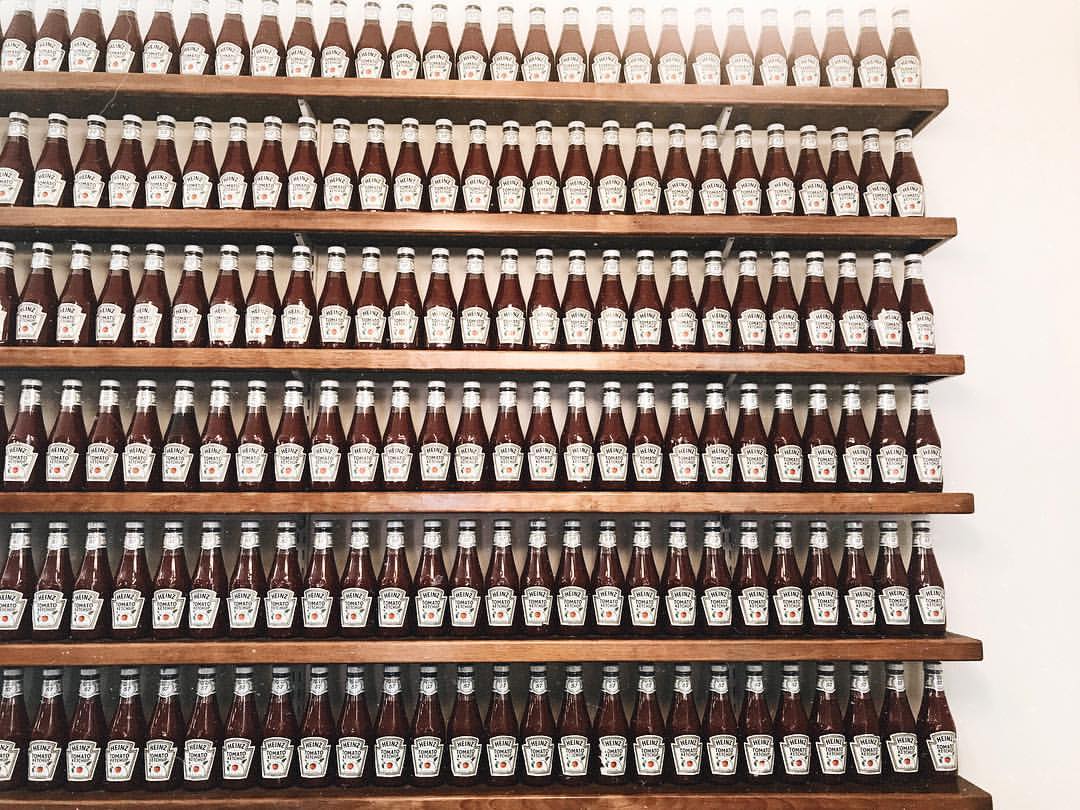Breakfast...Post Pandemic
According to a recent survey by the National Research Group, roughly 90% of
Americans say the COVID-19 pandemic provided “a good time to reflect on what’s
important to them.”
Almost everyone seems to have a list of things they once took for granted but now miss
dearly...or things they have newly discovered and fallen in love with as a result of the
pandemic. Also included are the people, places and things that folks have re-discovered
and developed a renewed appreciation for; things they swear they won’t take for granted
again when life returns to normal-ish.
The Food Business News suggests that ‘breakfast time’ may have become one of those
re-discovered and newly appreciated gems. Breakfast is no longer a rushed experience
for many Americans forced to stay at home during the coronavirus pandemic. They
began making pancakes, waffles and pork dishes while enjoying family time.
In a June webinar organized by the Center for Food Integrity in Gladstone, Mo., Locke
Hilderbrand, chief insights officer for Whysdom, a behavior science company that
combines data with human analysis and critical thinking, reported that “People have
slowed down during the week and have begun making what normally would be a
weekend breakfast or a holiday breakfast. So there is this idea of almost reclaiming the
morning because people are realizing they don’t have that massive rush to get out the
door anymore, and it’s no longer necessarily the idea that breakfast is almost a
commodity that I grab or I miss.”
According to The NPD Group, a market research and consumer insights company, the
indexes for pancakes, waffles, French toast, crepes and pork/pork dishes eaten at
breakfast all were over 150 in April 2020 when compared to April 2019. Likewise, the
indexes for spices, seasonings, marinades and rubs at breakfast also were over 150 in
April. “You don’t put those on a bar or cereal,” said Susan Schwallie, executive director
of food and beverage consumption for The NPD Group.
She reported that sales of breakfast appliances such as waffle irons and coffee pods are
also doing well. “This signals that we may not be willing, or it may be a struggle, to give
back some of this time we’ve given to ourselves in the morning,” Ms. Schwallie said.
